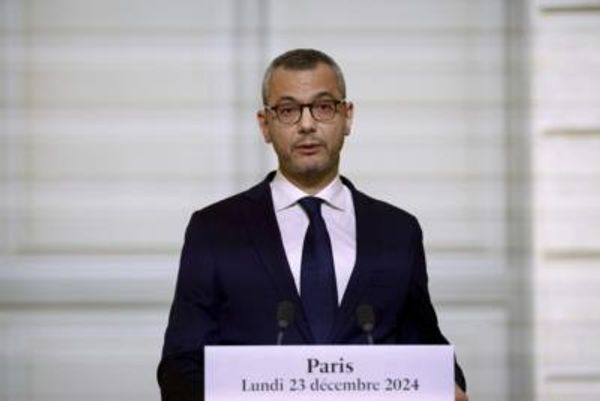OTTAWA — New figures show the Department of National Defence failed to spend more than $1.2 billion of its allotted budget in the last fiscal year, the majority due to delays in the purchase of new equipment for Canada’s military.
The figures contained in a report tabled recently in the House of Commons come more than six years after the federal Liberals promised an end to such underspending, which had grown to epic proportions under Stephen Harper’s Conservative government.
While the lapsed funding might make bean counters happy given the size of the federal deficit since the onset of the COVID-19 pandemic, defence analyst David Perry of the Canadian Global Affairs Institute said there are several reasons to worry.
The unspent funds include more than $855 million in 2020-21 for capital projects, namely new military equipment and infrastructure. The Defence Department says the affected projects include the navy’s new fleet of warships and new armoured vehicles for the army.
“The simply reality is if you're not spending the money, that means you didn't actually get a plane or ship or vehicle that you're supposed to,” Perry said. “So the money not going out the door means the troops aren't getting the kit that they were supposed to that fiscal year.”
The Defence Department said more than $1 billion of the $1.2 billion that went unspent will be available in future years thanks to the use of several legislative mechanisms, including revised project schedules, carry forwards and other adjustments.
But Perry said delays inevitably drive up costs for new military equipment thanks to inflation — meaning even more money will be needed whenever Ottawa finally buys the kit. Similar warnings have been made in the past by the parliamentary budget officer and others.
“It will be available, but it's not inflation protected,” Perry said of the funds. “And anybody who buys anything at the moment well knows that inflation is more of a concern now than it has been in 35 years, 40 years in Canada.”
The $855 million represented about 17 per cent of the $5 billion in Defence Department capital spending approved by Parliament. All told, the department was approved to spend $28 billion in 2020-21, but only moved $26.8 billion.
While some degree of underspending is expected each year, the Harper Conservatives came under heavy fire during their last few years in power after sitting on billions of dollars in approved funding across government.
That included $9.5 billion in 2014-15, of which $1.5 billion was intended for new military equipment and infrastructure. The Conservatives also let lapse hundreds of millions of dollars earmarked for Indigenous services, veterans support and foreign aid, among others.
All told, the Harper Conservatives left $28 billion unspent across all departments during their final three years in office.
Critics at the time, including Justin Trudeau’s Liberals, alleged the move was a desperate attempt to balance the budget without announcing actual cuts. It was in that context that the Liberals came to power in 2015 promising not to let funds lapse.
The Defence Department had reported some progress in reversing the trend that started under the Conservatives, and Perry noted the most recent figures coincide with the first year of the COVID-19 pandemic, during which time many military projects were delayed.
“So maybe it was just a one-off here because of the early part of the pandemic,” he said. “We'll see what happens in subsequent years.”
This report by The Canadian Press was first published Feb. 10, 2022.
Lee Berthiaume, The Canadian Press







